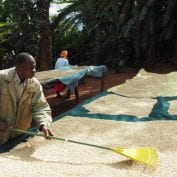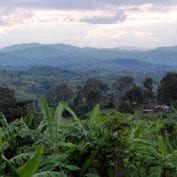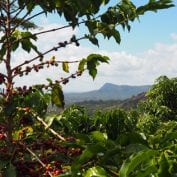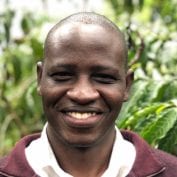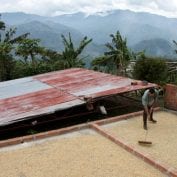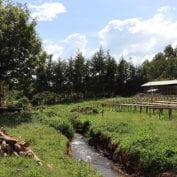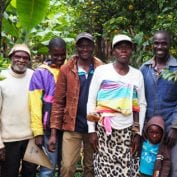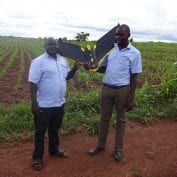Ask a TechnoServe Expert: Paul Stewart on Coffee
"Ask a TechnoServe Expert" is a series where our global development experts answer questions directly from you! In this edition, Global Coffee Director Paul Stewart answers everything you wanted to know about coffee and its impact on fighting global poverty.



